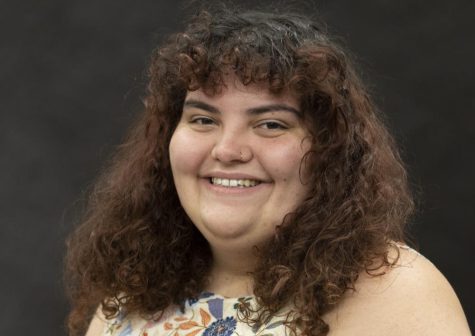Positive COVID test for weekend party attendee
March 12, 2021
A student who attended a party that violated Eastern’s COVID-19 guidelines on March 6 has tested positive for COVID-19 according to a post put on his social media.
The Snapchat post was a photo of COVID-19 test results indicating a positive test with the caption “FML.”
The individual who posted the photo was seen at one of two parties that took place on March 6, him being at the party that was on Fourth Street. He was seen in the middle of the large crowd of students on the porch of the house the party was at with no mask.
Reporters who covered the event saw one person wearing a mask at that party.
The weekend parties were expected to be a part of Unofficial, an annual pseudoholiday celebrated at Eastern and University of Illinois at Urbana-Champaign by a day of house parties and drinking. However, students at the parties said it was not a part of the Unofficial but rather a gathering amongst friends.
While some believe the parties were taking place on March 6, others believe the parties will be happening on the weekend of the 19th to coincide with March 18 Wellness Day.
Regardless of when students actually celebrate Unofficial, Dr. Sheila Simons, Eastern’s lead COVID-19 investigator said she is confident her staff can handle whatever amount of cases come out of it.
In an interview March 2, Simons she could not estimate how many cases would come following the weekend but said there would be new cases.
“There’s bound to be cases that come out of this, it’s just simply going to happen. How many cases I, of course, can’t make a prediction; whether the parties are inside, outside, all of these things are factors. How long are they there, what they’re doing, how close they are to people, there’s a lot of things that make it difficult to give an estimate on how much cases will increase by but with the situation as it is even if the parties are inside or outside, when you add alcohol you see a lot of behaviors that develop as a result of that because our inhibitions decrease so we’re more likely to do things we normally wouldn’t do,” Simons said. “That’s a concern, those behaviors, because for me and my team I could have a thousand contact tracers but the problem is we’re not changing individuals’ behaviors and until that happens, behavior change, we’re not going to see this go away any time soon, and of course the vaccine is helpful but it’s still a concern because of the amount of time it’s going to take to get it to the younger age group.”
Simons said she does not expect to stop infections but hopes to slow them.
“We’re not going to stop infections, what we want to do is slow the rate of the infections and that’s really what is so critical. That’s what we’ve meant all along by ‘flattening the curve,’ we just need to slow it down. Slowing it down will help us in the long run.”
Corryn Brock can be reached at 581-2812 or at [email protected].

















































